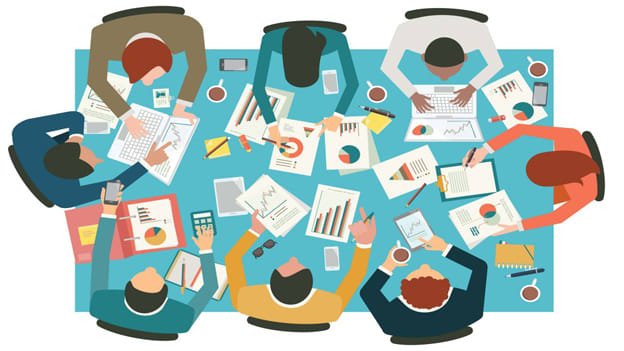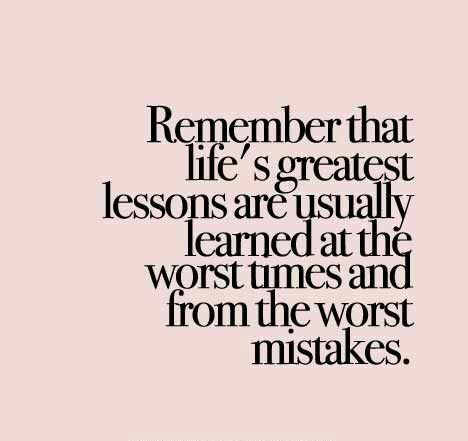Even in the existence of books and teachers, each person has to formulate its own knowledge
Even in the existence of books and teachers, each person has to formulate its own knowledge

Image Source
Public knowledge is an arrangement of set representations that have been concurred as adequately mirroring the knowledge of different people, and which can just turn into the individual knowledge of the learner when those representations are reinterpreted inside that person's own particular theoretical system.
This has been convincingly shown inside a wide research writing in science education. Science subjects are regularly viewed as trying, and present learning troubles for some students. Research into these challenges has uncovered that children frequently come to school science as of now holding their own elective originations of science subjects which are in opposition to the science they are to be educated.
Some of these originations have ended up being to a great degree constant, with the goal that the elective originations are usually held regardless of teaching specifically repudiating them. Students ordinarily discover methods for comprehending teaching as far as their current thoughts, and by doing as such neglect to see that their thoughts are inconsistent with the teaching, despite the fact that they frequently extremely mutilate the educator's planned importance.
Research has demonstrated that we as a rule learn by rolling out little incremental improvements in our current comprehension, thus major theoretical change is troublesome and uncommon. The human cognitive system is great at discovering approaches to make data fit with existing thoughts, however substantially less appropriate to receiving real moves in our comprehension.

Image Source
It can positively happen yet typically just thus finished broadened periods of time of broad presentation to, and chances to consider, the better approach for contemplating the point. Such calculated change is infrequently encouraged by a solitary lesson movement. Albeit a significant part of the exploration around there has been attempted in science subjects, similar standards apply to all territories of reasonable learning.
In constructivist perspective of teaching, learning has various huge results for teaching. For a certain something, if teaching implies encouraging learning, at that point giving a clear and precise introduction of subject matter might be a fundamental yet not adequate reason for successful teaching.
The customary composition, assesses the learners' current level of knowledge and comprehension. Powerful teaching isn't only an issue of pitching at the correct level to sound good to the learners, yet rather outlining direction to ideally interface with existing reasoning, so to move student understanding towards the objective knowledge set out in the curriculum.
Research demonstrates that student thinking will probably incorporate incomplete understandings, elective originations, unseemly connections et cetera, viable teaching should be modified in like manner. As every individual comes to class with a one of a kind individual comprehension of a theme, frequently including some idiosyncratic thoughts, what is powerful teaching for one individual from the class may not be for another.

Image Source
Not exclusively the arrange probably not going to be a viable method for teaching any person about a theme in which he or she doesn't as of now have some skill, however any type of class teaching which depends on learning exercises which are not open to being individualized for the distinctive students is probably going to be a long way from ideal for the majority of the students.
This viewpoint recommends that compelling teaching will dependably be a profoundly intelligent process, in spite of the fact that the educators needs to design lessons successfully, every lesson likewise should be advanced on line, that is, instructors must be continually assessing the reactions of students to teaching information sources and learning exercises, and calibrating the lesson by settling on bunch ongoing choices.
Positively instructors can assemble data about learners to alter generalized lesson plans for specific classes, however those plans should just be considered frameworks to direct actions that must be chosen as the lesson continues.

Image Source
References:
http://www.chriswatkins.net/wp-content/uploads/2015/07/Watkins-07-Effective-Learning-in-Classrooms.pdf
http://www.miksike.ee/documents/main/referaadid/effective_learning.htm
Each situation poses a learning opportunity. Will I repeat patterns of the past and achieve the same results as always, or will I see the situation as a new one and come up with new solutions free from past conditioning?
Each "mistake" we make is merely serving the purpose of providing us with the chance of making it different next time. The situation might be the same, but for each one there is a different potential lesson to be learnt. :)